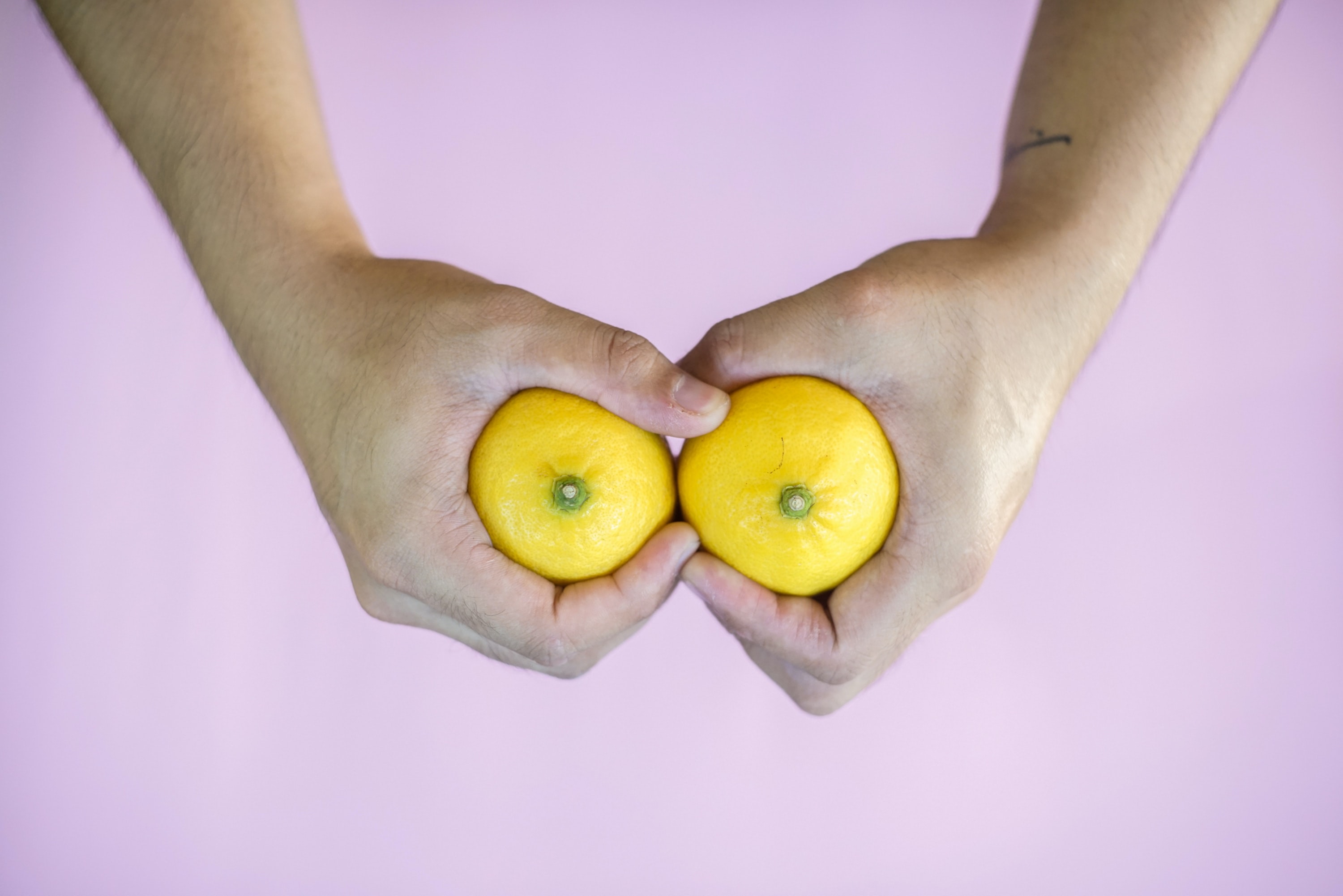Is there anything wrong with using lemon juice to lighten the skin?
Remember the days of using Sun-In to lighten your hair? Or the days when your grandma used lemons to lighten the discolored skin on the back of her hands? Was this wrong? Was it dangerous? What happens when you use lemons to lighten your skin?
The juice of lemons contains three acids: citric acid, malic acid, and ascorbic acid. Also known as vitamin C, ascorbic acid is commonly used in cosmetics. Citric acid and malic acid are Alpha Hydroxy Acids (AHA's), which exfoliate the skin.
The extreme acidity of lemon juice can cause the skin to burn if exposed to the sun. Other side effects can occur such as dermatitis, rash, redness, and overall irritation. Acids and exfoliation are a benefit for the skin when controlled. However, the combination of high acidity and exfoliation without a barrier, can become an irritating mixture.
Because pigmentation is triggered by the swelling, friction and inflammation that occurs from irritation, lemon juice can have the effect of triggering pigmentation instead of the desired effect of brightening and lightening the skin.
Vitamin C has several benefits; it’s an antioxidant and protects skin from damaging free radicals caused by UV exposure. Vitamin C also hinders the melanin stimulating enzyme, tyrosinase, reducing pigment and stimulating a brighter, more even skin tone. Vitamin C should be concentrated to smaller percentage amounts, and combined with healing ingredients such as aloe vera gel to avoid irritation. A mixture with both will produce results as well as hydrate and plump the skin.
We have come so much further than the generations before. "Thanks, Grandma!" but I'm going to use something a little more sophisticated and advanced. Check out the all natural skin lightening and brightening line bryght.


.png)

Leave Comment